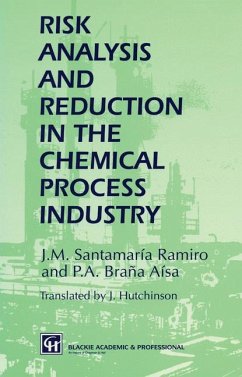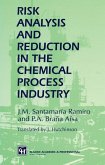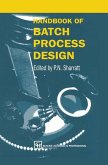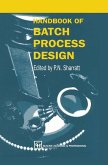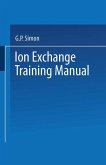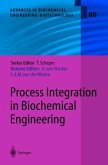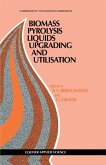Concern for the environment has become one of the big issues in modern society, and one of the chief concerns is the environmental impact of modern industrial production. A particularly sensitive issue is the possibility of accidents in industries where there may be severe consequences for people, property and the environment. At one time the nuclear industry was seen as the most likely to be the cause of significant environmental damage, but after the occurrence of several major accidents such as Seveso, Flixborough and Bhopal, that concern extends to much of the chemicals industry. Pressure from society, reflected by strong legislation, coupled with a greater understanding of the impact that chemical processing operations can have, has led to the adoption of higher profile safety and environmental management programs within the chemical industry.
Under these programmes existing and new processes are rigorously examined to determine the possible causes and consequences of failure, and the results used to improve the process to make failure less likely. Any process audit, aimed at improving safety or lessening the environmental impact, cannot be carried out using intuition or experience alone, so the discipline of risk analysis has grown as a collection of tools and methods which can be utilized to give a quantitative assessment of the risks involved in operating any given process. In this new book the authors present risk analysis and reduction in a clear and unified way, emphasizing the various different methods which can be used together in a global approach to risk analysis in the chemical process industries.
Originally conceived as a text book for graduate level courses in chemical engineering, the clear presentation and thorough coverage will ensure that anyone involved in risk assessment, environmental impact assessment or safety planning will find this book an invaluable source of reference.
Hinweis: Dieser Artikel kann nur an eine deutsche Lieferadresse ausgeliefert werden.
Under these programmes existing and new processes are rigorously examined to determine the possible causes and consequences of failure, and the results used to improve the process to make failure less likely. Any process audit, aimed at improving safety or lessening the environmental impact, cannot be carried out using intuition or experience alone, so the discipline of risk analysis has grown as a collection of tools and methods which can be utilized to give a quantitative assessment of the risks involved in operating any given process. In this new book the authors present risk analysis and reduction in a clear and unified way, emphasizing the various different methods which can be used together in a global approach to risk analysis in the chemical process industries.
Originally conceived as a text book for graduate level courses in chemical engineering, the clear presentation and thorough coverage will ensure that anyone involved in risk assessment, environmental impact assessment or safety planning will find this book an invaluable source of reference.
Hinweis: Dieser Artikel kann nur an eine deutsche Lieferadresse ausgeliefert werden.

